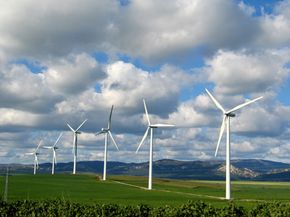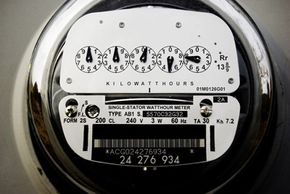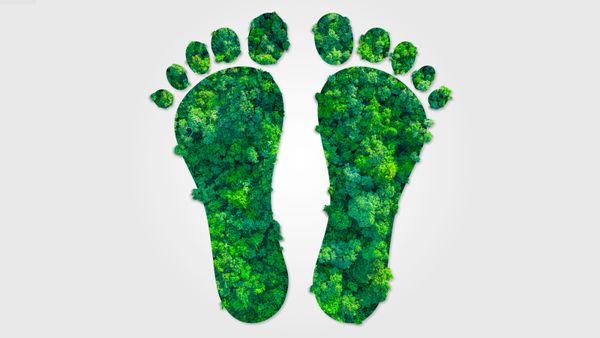Key Takeaways
- A carbon tax is a fee imposed on the carbon content of fossil fuels to reduce greenhouse gas emissions.
- It incentivizes companies and individuals to reduce their carbon footprint by using cleaner energy sources and implementing energy-efficient practices.
- The revenue generated from carbon taxes can be used to fund renewable energy projects and mitigate the effects of climate change.
The public's recognition of global warming has driven lawmakers around the world to negotiate greenhouse-gas reductions. You'll probably hear a few legislators suggest a tax on carbon -- or sometimes more broadly, a tax on the emissions of fossil fuels. But before the word "tax" sets off alarm bells, consider the effect of combusted fossil fuels on the environment. They cause ground-level ozone, acid rain, global climate change and a myriad of other problems. Carbon tax is one of two major market-based options to lower emissions, the other being cap-and-trade schemes. While cap-and-trade seems to have won over most politicians, many economists and consumers prefer carbon tax for its simplicity and impartiality.
Carbon tax is a form of pollution tax. It levies a fee on the production, distribution or use of fossil fuels based on how much carbon their combustion emits. The government sets a price per ton on carbon, then translates it into a tax on electricity, natural gas or oil. Because the tax makes using dirty fuels more expensive, it encourages utilities, businesses and individuals to reduce consumption and increase energy efficiency. Carbon tax also makes alternative energy more cost-competitive with cheaper, polluting fuels like coal, natural gas and oil.
Advertisement
Carbon tax is based on the economic principle of negative externalities. Externalities are costs or benefits generated by the production of goods and services. Negative externalities are costs that are not paid for. When utilities, businesses or homeowners consume fossil fuels, they create pollution that has a societal cost; everyone suffers from the effects of pollution. Proponents of a carbon tax believe that the price of fossil fuels should account for these societal costs. More simply put -- if you're polluting to everyone else's detriment, you should have to pay for it.
So, what good is a tax on carbon? We'll learn all about the benefits of a carbon tax in the next section.
Advertisement





